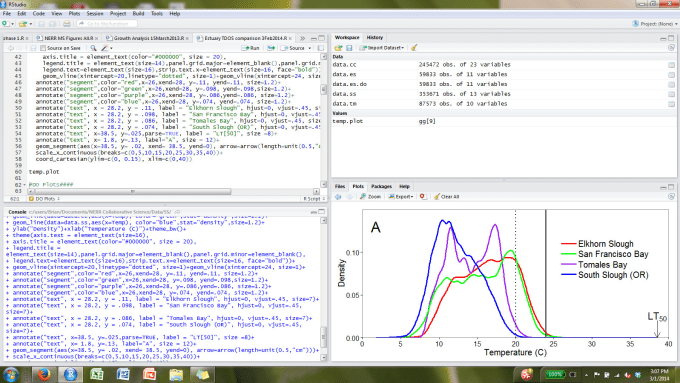
I loved the research and have never looked back. course and easily chat with someone like Riker. Rochester was also the kind of place where an undergraduate could just walk into a Ph.D. It was sheer luck I was at the University of Rochester, as they had just hired Bill Riker who was one of the key founders of modern political science (both in terms of game theory and top empirical work). Around that time I was excited by Isaac Asimov’s science fiction series, Foundation, and I became interested in his psycho-historian characters who could forecast mass movements in society, so I turned to political science. I started off as a math major, but I soon realized I would never be a really good mathematician.

I went to the University of Rochester almost half a century ago. What did you study in school? How did you get to what you study now? International students will need to provide proof of English proficiency via standardized test scores.Nathaniel Beck is a Professor at New York University’s Wilf Family Department of Politics, and an Affiliated Faculty member at the Center for Data Science.Statement of educational and career goals.3.0 undergraduate GPA in social science area courses.BA/BS in a social science discipline, though special provision may be made for students with degrees in the humanities (particularly those interested in digital humanities).

In exceptional cases (and if the project warrants), one member of the MS committee might be from a non-social science department.Īdmissions guidelines for the program are as follows: Each committee member must be in one of the participating social sciences departments and hold membership in UB’s graduate faculty. The MS project or thesis will be submitted to two faculty members from two distinct departments (including the student’s project advisor), who have the sole responsibility for its review, revision and acceptance. 3-6 credits of project or thesis guidanceĮach student will be required to take at least 9 credit hours in a department other than their specialty discipline to increase familiarity with the methods of adjacent fields.6-9 credits of coursework in advanced data analysis within one social science discipline.6 credits of computation programming/data manipulation.

The project advisor must be selected no later than at the end of students’ second semester of full-time study. Students will also select a faculty member in their specialty department for thesis or project guidance. At this meeting, the director will provide academic advice to students on every relevant matter, including the students’ course schedule for the upcoming semester. In addition to formal coursework, professionalization seminars will be held every semester (typically, two to three), in coordination with Graduate Student Associations, to discuss various career interest and issues related to the field of data science.Įach student will meet with the Director of Graduate Studies for the DASS program each semester. DASS students can earn credit for these seminars – the aggregate credit for three of these seminars can count for one Advanced Statistics class or the Specialized Statistics class. Since 2017, SRI has offered intensive statistics and quantitative analysis seminars. The program partners with the Summer Research Institute in Statistics (SRI), hosted within the Department of Sociology. They will then take research courses both within and outside of their preferred discipline, culminating in a research project or thesis on a topic of their choice (in conjunction with an advisor).Īdditional academic and pre-professional opportunities include: Students are first introduced to basic/intermediate statistics courses and computation programming/data manipulation. Our 36 credit, terminal master’s degree program prepares students to collect, interpret and communicate the results of data analysis across a wide berth of social science fields.


 0 kommentar(er)
0 kommentar(er)
